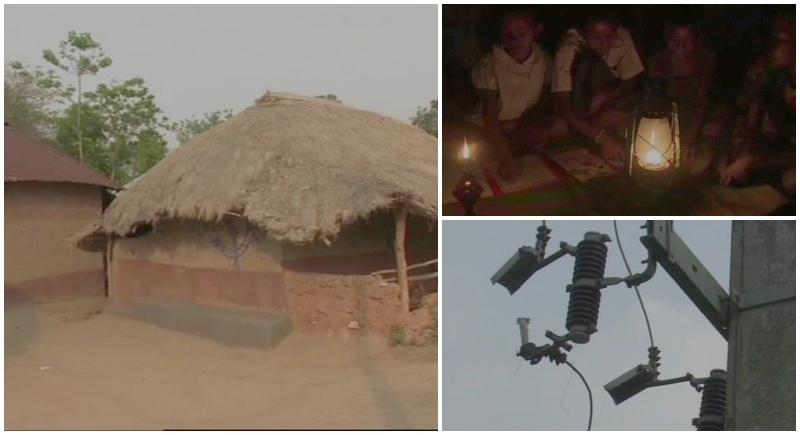Agonized with deprived electricity; Sabar tribe in West Bengal boycotts Lok Sabha elections
Purulia, May 6: Fake promises, neglecting attitude; the situation worsens when politicians make promises which they do not fulfil and later expect votes out of the blue. Agonised citizens, deprived from the basic facility of electricity, people of Sabar tribe residing in Bandwan area of West Bengal call for a boycott of Lok Sabha elections 2019.

Citing the reason to be the unavailability of electricity in their houses, the people in the district are distancing themselves from their basic right to vote. The Sabar tribals have decided not to poll for these 2019 Lok Sabha elections as they are being cheated by the government, who had promised free electricity to every house. Despite promising of free electricity many of the villagers were asked to pay Rs 4000 in prior to the electricity supply.
Unable to pay the amount, the Sabar Tribe people in Bandwan are still using lanterns. This is not the first time, the people of West Bengal have been deprived from the benefits they deserve. The state government Trinamool Congress has slashed all the beneficial schemes to the people that has been slated by the Central government. Be it Ayushmaan Bharat, Beti Bachao, Beti Padhao or any other beneficiary; the people area left backward with no basic amenities.
Slowing down the economic growth, West Bengal government has only focused on using their hooligan attitude to be in power. Distancing from development, Chief Minister Mamata Banerjee has undoubtedly been a speed breaker for everyone in the state. But, boycotting the general elections doesn’t seem a good option as it is our basic right. Getting a chance to change the situation, the people have an opportunity by opting for a better area and better India.
The fifth phase voting for the 17th Lok Sabha elections is underway, in which seven districts of West Bengal are going to poll along with 14 seats in Uttar Pradesh, 12 in Rajasthan, 7 in Madhya Pradesh, 5 in Bihar, 2 in Jammu and Kashmir, and 4 in Jharkhand.